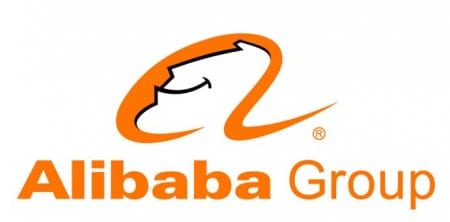Alibaba Group Holding Ltd (NYSE:BABA) owned online marketplace Taobao has been told to leave Taiwan. Taiwanese financial regulators have directed Taobao to stop operations as it did not apply for a mandatory permit for a mainland Chinese firm to do business in Taiwan.
Alibaba runs leading mobile and online marketplaces in wholesale trade and retail. Taobao is China’s biggest online marketplace.
Taiwan’s Investment Commission has given a time limit of six months to Alibaba( China’s largest e-commerce firm) to stop operations or transfer its holdings along with a fine. Shoppers from Taiwan can still order goods from Taobao’s site but now through the Chinese mainland web page.
The action from Taiwanese authorities is a reversal for Alibaba’s attempt to expand its business outside Mainland China. This is not the first instance Taiwan has taken action against Alibaba. In March Taiwan’s Ministry of Economic Affairs accused the e-commerce firm of violating investment rules. Alibaba couldn’t give business information as required by the Taiwanese authorities. For its failure, the company had to remove its Taiwanese holdings within six months and was fined $3,940.
According to the Investment Commission foreign firms registered outside Taiwan need business permits to operate in Taiwan. Both Alibaba and Taobao did not take the permits.
The two companies tried to get licenses to function as foreign owned, non-Chinese firms in Taiwan. Alibaba.com is registered in Singapore while Taobao is registered in Hong Kong. As per Taiwan’s investment policies mainland owned businesses have more stringent standards vis-a-vis foreign-owned firms. This is a result of the mistrust issues between the two entities for a long period.
Alibaba has said that it is holding discussions with the Taiwanese authorities to resolve the imbroglio. In the last decade, China-Taiwan trade has blossomed. However in Chinese eyes Taiwan is a rebel province. China is willing to take force to take Taiwan back especially if the Taiwanese declare formal independence.
Source: zdnet.com









